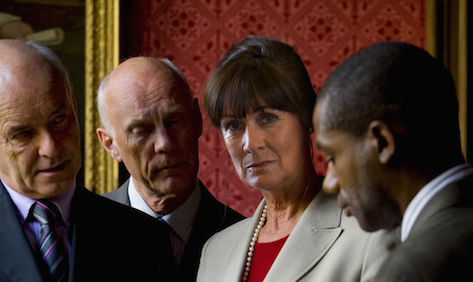
by Lynn Lipinski | Aug 21, 2015 | Flash Fiction Friday
My wristwatch was stuck at half past two, even though the morning sun indicated otherwise. Most people would get a battery, reset the time and move on with their day. But I had old superstitions rattling around in my head, a legacy of my Nana’s myriad household...

by Lynn Lipinski | Jul 24, 2015 | Flash Fiction Friday
Robin slid limply down the side of the turbine until she could feel the cold tile floor through the seat of her pants. His fall played on repeat in her head. He was just a man, blood and flesh and bones like all of us, the power he held completely vanished —...

by Lynn Lipinski | Jun 2, 2015 | Flash Fiction Friday
Editor’s note: you can read Part 4 here. He knew as he walked to the waiting room with Melly that he couldn’t leave. He texted Ray that he was tied up, then slumped into a chair like a man knocked down by a haymaker punch he never saw coming. His mind played...

by Lynn Lipinski | Apr 25, 2015 | Flash Fiction Friday
Editor’s note: you can read Part 3 here. The smell of diesel fuel and exhaust hit Neil’s nose, then gave way to the disinfectant and alcohol smell of the emergency room. Last time Neil was in an emergency room, his mother was still alive, a cut on her head...

by Lynn Lipinski | Apr 24, 2015 | Flash Fiction Friday
Editor’s note: You can read part 2 here. Still in shock, Neil found himself walking ten blocks back to his car, a dark green Toyota mini-pickup, not sure how it had come to be that he would to take Melly to the hospital. There’d been some confusion after Linus...






